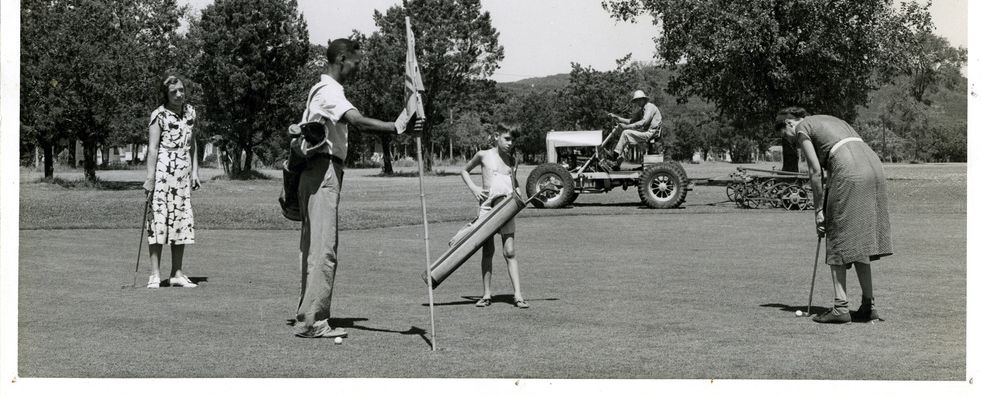Like Cher, Madonna, Tiger and other superstars Lions Municipal Golf Course only goes by one name...Muny. Designed in 1924 by an unknown architect for the Lions club whose goal was to create Austin's first municipal golf course. Lions Municipal Golf Course quickly became a place where golf lovers could meet and play their sport.
After World War II Austin's town council was considering options for providing golf access to Austin's minority community. As the calendar was turning from 1950 to 1951, two african american youths showed up at Muny and started to play the game they loved. Austin's mayor met with two other town council members where the decision was made, let the round continue and thus Muny became the first Golf Course in the south to desegregate.
In the many decades years since that day fortunes have ebbed and flowed for Muny, but respect for the course and its place in history has been expressed consistently, far and wide. Contrary to the desegragation of many institutions, Muny did so voluntarily, and in doing so, guaranteed public golf in the south would be available to anyone, regardless of race.
And when times got tough for Muny, it always seemed to rise to the challenge. Sitting on a piece of property owned by the University of Texas that has grown remarkably in value, Muny has proven to be a symbol to the University, the state and even the nation and the world that there are things more important than profit...like principleIn the early '70s and again in the '80s Muny faced proposals to maximize the property's revenue potential, in the process destroying a piece of the game's and our nation's fabric.
But World Golf Hall of fame members, PGA and LPGA Tour members and many others gathered for outings, fundraisers and meetings reminding those who needed the reminder that Muny is far more than a Muni.
In 2016, Lions Municipal Golf Course was added to the National Register of Historic Places and to the National Trust for Historic Preservation's list of America's 11 Most Endangered Historic Places.



